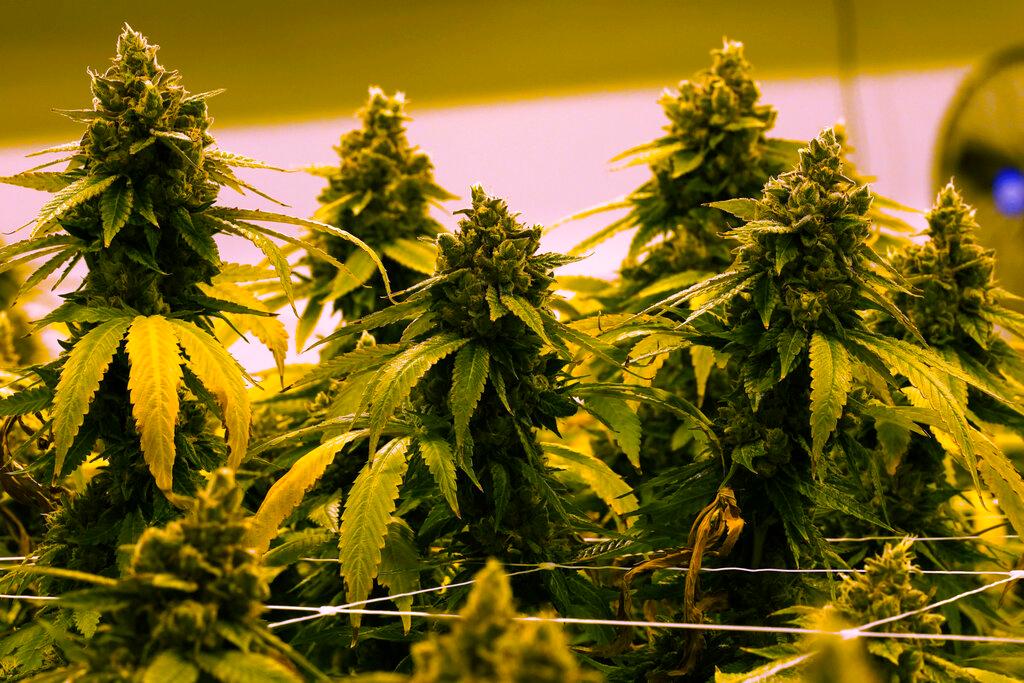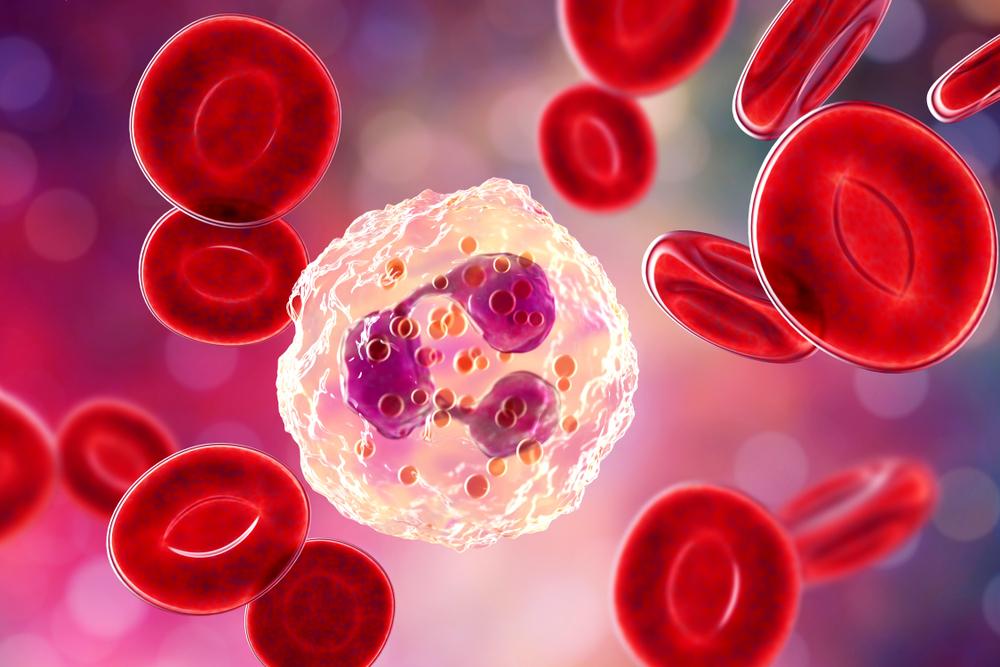The enactment of a proposal to legalize marijuana nationwide would lead to a rise in addiction dependency, homelessness, and youth addiction, as seen in states that have already decriminalized the substance, according to Rep. Bob Good (R-Va.).
The Virginia Republican stated in an April 2 interview with NTD’s “Capitol Report” that “the last thing we need is more people using addictive, behavior-altering recreational drugs,” added to the challenges the United States already faces, including “the rise in violent crime,” as well as fentanyl being illegally trafficked across the southern border resulting in “100,000 Americans dying of overdoses last year.”





